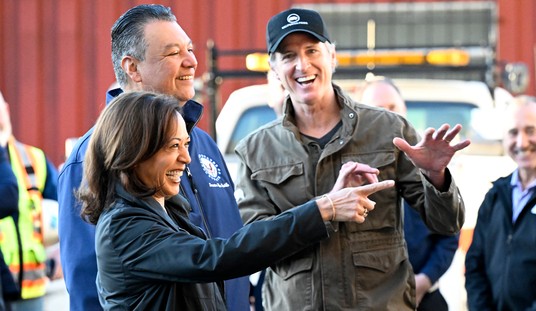Many years ago, I wrote a newspaper story about a congressman who was finding it difficult money-wise and family-wise to properly perform his duties both as a husband and father for his family in Illinois and also as an elected member of the House of Representatives in Washington, D.C.
He wasn't complaining; he had sought the job. He was explaining. House members in those days were paid $44,700 a year. Today, they get $174,000, plus, of course, office and travel allowances.
But it wasn't so much the money as it was the time. When the Founding Fathers designed the architecture of our revolutionary government in the 18th century, being a member of Congress was not intended to be a full-time job.
You traveled to Washington to do your elected work during certain limited periods. And then you went back home, a journey measured in days on horseback, not in flight times. The idea was to keep members rooted in and fully connected to the areas and concerns that they represented.
George Washington could easily make the 15-mile ride to his Mount Vernon home. And since both his "elections" were by acclamation, he never had to campaign or fundraise.
Even during Abraham Lincoln's presidency, as railroads laced their way across the country, his Cabinet members lived in D.C. boarding houses while on the job before traveling home, where their real roots were.
Over time, the size of government and its responsibilities grew exponentially, as did the time required to perform them. Even with airplane service, visits to the home district grew fewer and shorter. As did family time.
The congressman I described, who is now deceased, had just purchased a home in the Washington area so he, his wife, and two children could be together most days. Two home mortgages were beyond his reach on a government salary.
So, he'd sold his house in the central Illinois district, once represented by Abraham Lincoln. The congressman's legal residence in his home district was actually a leased suite at a local hotel.
The unintended result was that Rep. Paul Findley, like pretty much every other member of Congress then and now, became the exact opposite of the Founding Fathers' intent: He had actually become the representative of Washington back to the home district.
I describe this here now because I think the understandable logistical reality of congressional members' lives helps explain the chronic disconnect between them and the folks back home, watching the ridiculous political games enacted for media that produce so much of what the country sees of Swamp life.
That's what feeds the anger and frustrations that Donald Trump so effectively tapped into for his historic 2016 upset of Crown Princess Clinton.
This partisan gamesmanship helps produce the regularity of government shutdown threats so carefully chronicled by DC media and watched by voters back home with disdain. I sometimes wonder if these little Washington crisis skits would shrivel up and die if they received minimal coverage that said, "Oh, here they go again. Yawn!"
This shutdown is on Senate Democrat leader Chuck Schumer, who twice arranged defeat of the GOP majority's bill to just keep things going at the existing spending rate, while theoretically good-faith negotiations continue.
That's the topic of this audio commentary, which you can listen to here:
This week's Sunday column, which seems to have struck a resonant note with readers, was an entertaining one to write, I must admit.
It looks at the entertaining effort by the former vice president to market her book about losing so badly to the Democrats' worst nightmare last November.
As you might expect, Kamala Harris makes the case in 300 pages that her loss was everyone else's fault but hers because 107 days and $1.5 billion was just not enough to convince Americans that she was the right choice for the job of commander in chief after Joe Biden, who never was.
As I put it in the column, Donald Trump wasn't the only American who dodged a bullet last year. We all did.
The most recent audio commentary — Who Really Needs the United Nations Anyway? — stirred up a lot of opinions and comments, and you might guess how they feel about that 80-year-old international organization.














